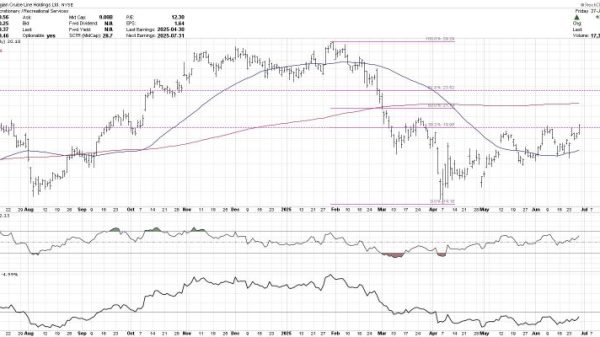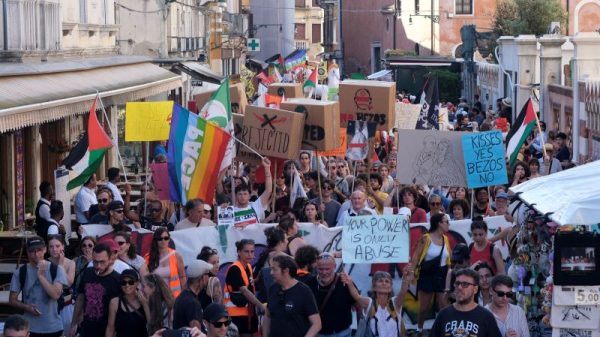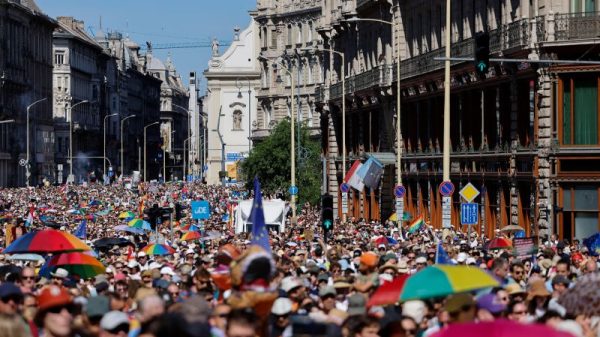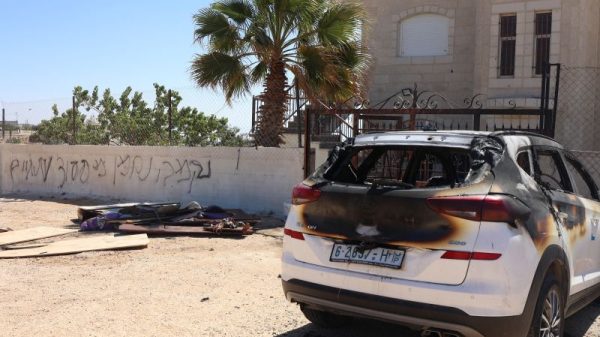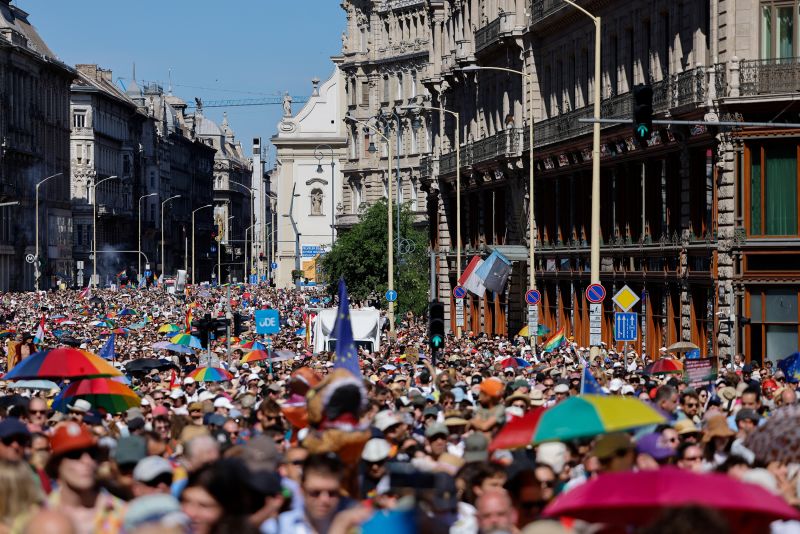Beneath a blaze of rainbow flags and amid roars of defiance, big crowds gathered in the Hungarian capital Budapest for the city’s 30th annual Pride march – an event that, this year, is unfolding as both a celebration and a protest.
Moving through the capital in the sweltering heat, demonstrators carried signs reading “Solidarity with Budapest Pride” and waved placards bearing crossed-out illustrations of Prime Minister Viktor Orbán.
Music played from portable speakers as people of all ages joined the march – families with pushchairs, teenagers draped in capes, and older residents walking alongside activists.
From the city’s historic centre to its riverside roads, the procession swelled in numbers and noise – visibly reclaiming public space in defiance of a law designed to push them out.
The march proceeded in open defiance of a police ban imposed earlier this year under sweeping new legislation that prohibits LGBTQ+ events nationwide.
Eszter Rein Bodi was one of those who joined the massive crowds in Budapest on Saturday, telling Reuters: “This is about much more, not just about homosexuality … This is the last moment to stand up for our rights.”
Krisztina Aranyi, another marcher, told the news agency that “the right to assembly is a basic human right, and I don’t think it should be banned.”
She added, “Just because someone does not like the reason why you go to the street, or they do not agree with it, you still have the right to do so.”
Huge crowds turned out in the city for the parade, with many holding homemade banners aloft. One sign read “Transgender people are a blessing on this earth” while another banner read “Proud. United. Equal in every corner of the EU.”
“Pride is a protest, and if Orbán can ban Budapest Pride without consequences, every pride is one election away from being banned,” she continued.
In March, Hungarian lawmakers passed legislation barring Pride events and permitting the use of facial recognition technology to identify participants – measures campaigners say is illegal and part of a wider crackdown on the LGBTQ+ community.
Orban welcomed the ban, which he said would outlaw gatherings that “violate child protection laws.” His government has pushed a strongly Christian and conservative agenda.
The ban sparked lively protests in Budapest in March, with organizers of the city’s Pride vowing to continue with the annual festival despite the new law and declaring: “We will fight this new fascist ban.”
A petition demanding police reject the ban has gathered over 120,000 signatures from supporters in 73 countries, urging authorities to “reject this unjust law” – believed to be the first of its kind in the EU’s recent history – and ensure that the march proceeded “unhindered and peacefully, free from discrimination, harassment, fear or violence.”







